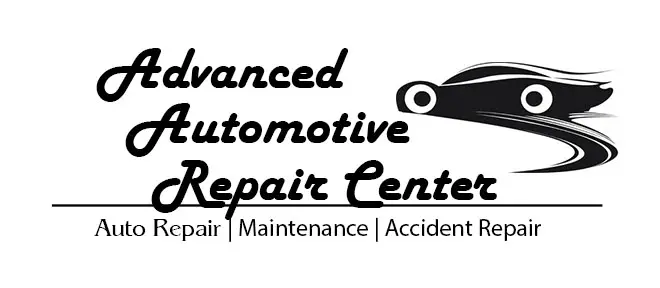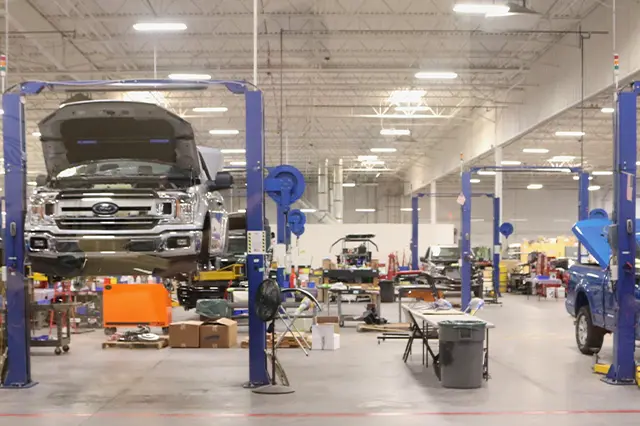
The Top 5 Things To Know About Collision Shops
Collision shops are responsible for repairing or replacing vehicle parts that have been impacted in collisions. The number of collisions is on the rise, and the demand for collision services is only going to grow. In this blog post, we’ll take a look at the top 5 things you need to know about collision shops. From the types of repairs they can accomplish to their impact on the economy, read on to learn everything you need to know about this essential part of our society.
What are collision shops?
Collision shops are a type of automotive repair shop that specializes in repairing damage to vehicles caused by collisions. These shops typically have extensive experience dealing with collision repair and can provide customers with quality service and repairs. Collision shops typically work on a variety of vehicles, including cars, trucks, and SUVs. They may also offer services such as car restoration, auto body repair, Auto Glass Repair, and much more.
Types of collisions
Type of collision:
There are three types of collisions: rear-end, side-swipe and T-bone. Rear-end collisions occur when a vehicle goes into the back of another vehicle from behind. Side-swipe collisions happen when one vehicle cuts in front of the other and causes it to swerve. T-bone collisions are rare and involve two vehicles coming together at an extremely tight angle.
Rear-end collisions:
Rear-end collisions are the most dangerous type of collision, as they often lead to serious injuries. In a rear-end collision, the rear end of the first vehicle comes into contact with the back end of the second vehicle. This often causes the first vehicle to spin out and crash into other vehicles or a wall. Rear-end collisions are particularly dangerous when a large truck is involved, as they often cause more damage than other types of collisions.
Side-swipe collisions:
Side-swipe collisions happen when one vehicle cuts in front of the other and causes it to swerve. In a side-swipe collision, the front of the first vehicle comes into contact with the back of the second vehicle. This can cause the first vehicle to flip over or stop suddenly. Side-swipe collisions are less dangerous than rear-end collisions, but can still be very dangerous.
T-bone collisions:
T-bone collisions are rare and involve two vehicles coming together at an extremely tight angle. In a T-bone collision, both vehicles can suffer severe injuries. T-bone collisions are particularly dangerous because they often result in fatalities.
The history of collision shops
Collision shops are a type of repair shop that specializes in repairing automobiles. They were first created in the early 1900s, and their popularity rose during the 1970s when automakers began recalling larger numbers of vehicles. Today, collision shops are still a popular option for car owners who need to get their cars repaired quickly.
Collision shops typically perform two types of repairs: mechanical and body. Mechanical repairs are performed on the car’s engine, transmission, and other mechanical components. Body repairs involve fixing damage to the car’s exterior or interior. Collision shops also offer services such as paint correction and refinishing work.
In order to qualify for a car loan or lease agreement, most banks require drivers to have their vehicles inspected by a qualified mechanic before signing any paperwork. Collision shops can also perform pre-owned vehicle inspections, which can help drivers find legitimate accidents that they may be able to negotiate a lower rate on their car insurance policy due to their clean record.
Collision shops are often able to offer lower rates than some other types of repair shops because they have more experience repairing cars quickly and efficiently. They also have specialized equipment and knowledge that allows them to fix cars more quickly and correctly than other types of repair shops.
If you’re having trouble with your car’s engine, transmission, or other mechanical components, consider contacting your local collision shop for assistance. They’ll be able to diagnose the problem and give you a recommendation on how best to get it fixed.
How collision shops work
Collision shops are businesses that specialize in repairing or replacing cars that have been in accidents. The shops usually have a large inventory of parts and vehicles, and they can usually get the repairs done quickly.
The main advantage of using a collision shop is that the repairs are usually done right the first time. This means that you won’t have to go through the hassle of trying to fix the car yourself, and you’ll avoid some of the possible complications that can come from doing the repair yourself.
One downside to using a collision shop is that it can be expensive. Plus, if you damage your car while it’s being repaired (for example, if it gets scratched), you may have to pay for that too.
Overall, collision shops are a good option if you want your car repaired quickly and without any hassle. Just be aware of the cost involved and make sure to ask around before choosing one as your go-to source for car repair.
The benefits of a collision shop
Collision shops provide benefits to drivers and owners of vehicles. Drivers can benefit from reduced repair costs and time, while owners can enjoy the security of knowing their vehicle is in good hands. Collision shops also offer training and assistance to drivers who need it most.
Conclusion
Collision shops are a necessary evil for many car owners. Whether you have been involved in a minor fender bender or something more serious, it is important to know about the different types of repairs that collision shops can do. In this article, we will cover the top five things you need to know about collision repair and what to expect during your visit to a shop. Hopefully, this information will help you make an informed decision about whether or not a collision shop is the right option for your specific needs.
